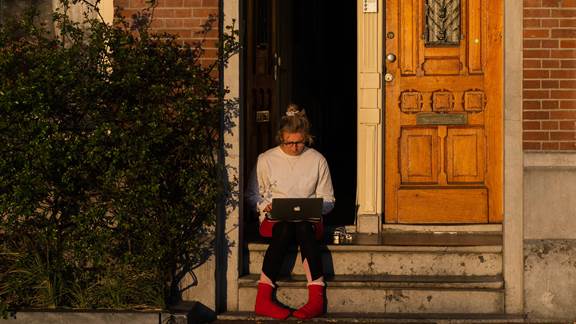There is no sense in obscuring it: Coronavirus is primarily a public health tragedy. We can maintain some optimism that with available medical care, new treatments and eventually a vaccine, things will be mitigated. But a growing number of individuals and families are going to experience loss, fear and anxiety about their short and long-term health prospects.
New external risks, and their effects on people’s day-to-day actions are well studied. One phenomenon that is particularly worth considering when we think about individual responses is the ‘availability cascade’ of these events: the process whereby individuals transition from being vaguely aware of a new threat, to understanding and engaging with it, to becoming fixated on it and the risks it presents. This final phase tends to coincide with the time they are ‘surrounded’ by it in their social and media networks. Unlike some recent epidemics such as HIV/AIDs, Coronavirus has rapidly passed into this final stage and looks likely to stay there for the foreseeable future.
That means the threat of the virus is likely to remain highly ‘available’ in people’s minds for many years to come, perhaps over and above other issues. They will continue to take action to limit the spread of these sorts of infections, and value things that reflect their own heightened care for hygiene and disease vigilance. Products and services that protect from or proactively remove threats like the virus will be valued. Similarly, individuals are likely to tolerate and even welcome regulation and inconvenience if it has a role in maintaining this protection. Organisations should be putting in place measures that see stopping the spread of infections as business as usual.
